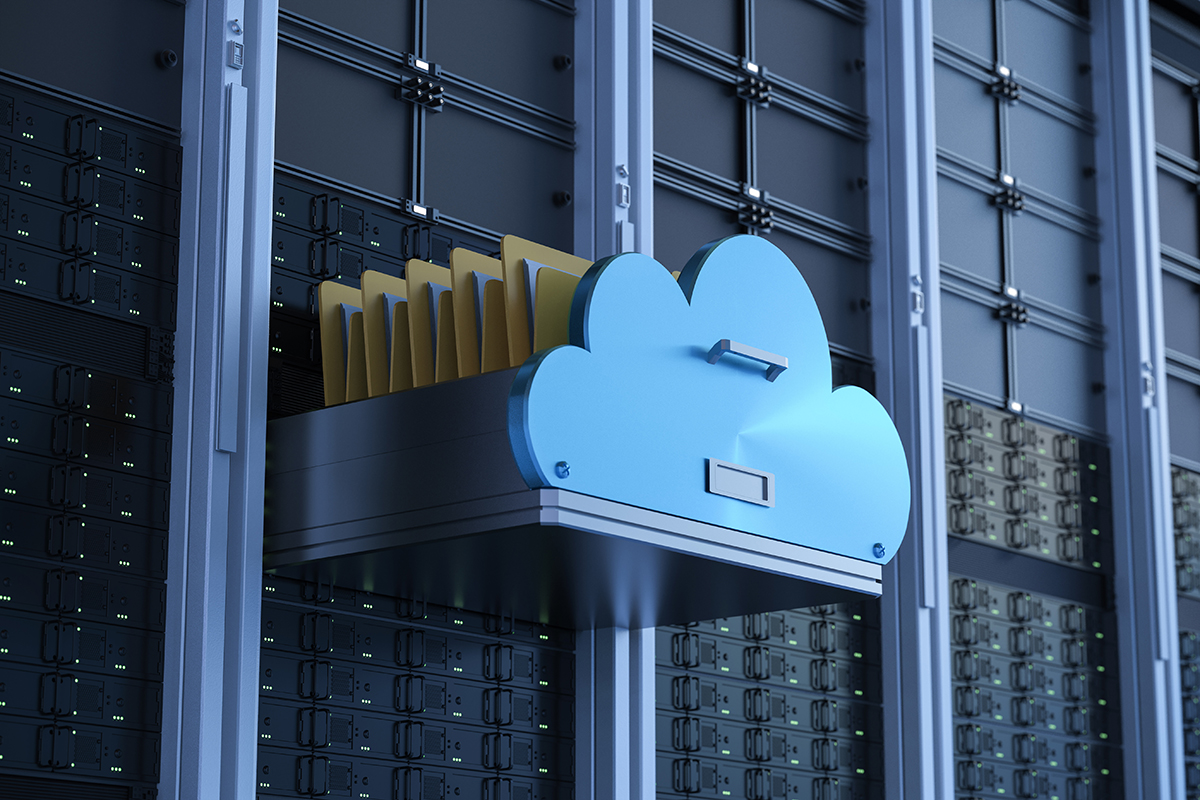
Optimize Employee Experience Pt 1: Remote Workers

Millions of people all around the country are contributing to their organization in a big way—from their couch. Therefore, enhancing the employee experience (EX) for remote workers by means of better integration, production, and management is now a major priority for all global organizations. Businesses are accepting the reality that long-term remote working is here to stay, so the focus has shifted towards improving EX and hiring the right people who are compatible with a culture of working away from a physical office location.
What is the Employee Experience?
The employee experience is the journey an employee takes with their organization. From onboarding to offboarding, it encapsulates every interaction that happens along the employee life cycle, plus the experiences that involve an employee’s role, workspace, manager, and wellbeing.
The Massachusetts Institute of Technology uncovered that EX has 2 essential factors:
- Work complexity: How hard it is for work to be completed within organizations. Technology and process tools help to reduce complexity.
- Behavioral norms: Expectations as to how people perform work duties within the organization. Through research, collaboration, creativity, and empowerment were discovered as being essential to building business value.
In the same survey it was determined that organizations placing a strong emphasis on EX were 2x more innovative, doubled customer satisfaction, and achieved 25% greater profitability.
The WFH era has ushered in a significant shift in employee experience benchmarks. For example, 43% of respondents said that flexibility in working hours helped them achieve greater productivity, and 30% of respondents said that less or no time commuting enabled them to be more productive.
Human resources departments play a significant role in understanding and meeting these new employee expectations.
Benefits of Aligning Employees with a Virtual HR Experience
As companies continue to discover ways to connect with virtual employees, one of the main concerns is the HR process. Having a streamlined process that aligns corporate values with employee expectations is imperative.
Some key benefits:
- Accelerated onboarding – Organizing the process from virtual interview to new hire paperwork
- Intranet access – Easy access to timesheets, important documents, and FAQ for employees in one centralized place
- Performance management – Progress reviews and feedback
- Career development – Tools to manage and track the employee’s journey
Companies experience many benefits when they invest in the employee experience. From the start, with recruiting, they can attract higher quality candidates. A positive onboarding process helps to increase employee retention. Improved communication throughout the employee journey creates higher engagement rates amongst employees and when employees are engaged, productivity increases.
Ways to Improve the Experience for Remote Workers
Companies understand that engagement has an impact on their revenues and profits; for this reason, they continually look for ways to improve the experience for remote workers.
A few ways include:
- Investing in the right tools
- The right tools can increase efficiency, promote communication, and escalate collaboration
- Some tools beneficial to teams:
- Project management tools
- Tools offering video conference capabilities
- Chat tools e.g., Slack and MS Teams offer employees the ability to chat and quickly communicate
- Time management
- Companies can invest in employee well-being
- Offer wellness programs
- Include perks; gym memberships, therapy sessions, counseling
- Make meditation and team-building exercises available
- Promote work flexibility
- Prioritizing goal setting
- Set relevant goals and measure with KPIs
- Measure SMART goals
Promoting Work-Life Balance
The American Psychological Association‘s 2021 Work and Well-being Survey of 1,501 adult workers, concluded that 79% of employees had experienced work-related stress in the month just before the survey. Nearly 3 in 5 employees reported negative impacts of work-related stress, including lack of interest, motivation, or energy (26%) and lack of effort at work (19%). Meanwhile, 36% reported cognitive weariness, 32% reported emotional exhaustion, and an astounding 44% reported physical fatigue—a 38% increase since 2019.
For company leaders to lessen stress, it’s vital to garner employee feedback, understand employee needs, and implement changes to promote a healthy work-life balance.
Just because employees work virtually and have the technology at their fingertips 24/7, employers should not promote a 24/7 mentality. For an employee’s overall well-being and for the good of the company, employees should be encouraged to refresh and utilize vacation days.
Improving Your Remote Employees’ Experiences
A Gartner study revealed that 74% of companies plan to permanently shift to more remote work post COVID-19. Businesses who adopt a culture of promoting a positive employee experience will reap many benefits. It’s crucial for businesses to place trust in their employees to perform their jobs efficiently. Treating employees well helps to increase motivation and in turn, improves efficiency. In doing so, businesses can maintain a competitive advantage, increase customer satisfaction, and realize a positive ROI.
The Apexon Employee Experience solution leverages multiple Salesforce Cloud products, including Marketing Cloud, Service Cloud, the Platform Productivity Cloud and Experience Cloud, to achieve end to end Employee Experience. To learn more, visit Apexon’s Salesforce Services or get in touch using the form below.
Want to learn more? Read part 2 here.




